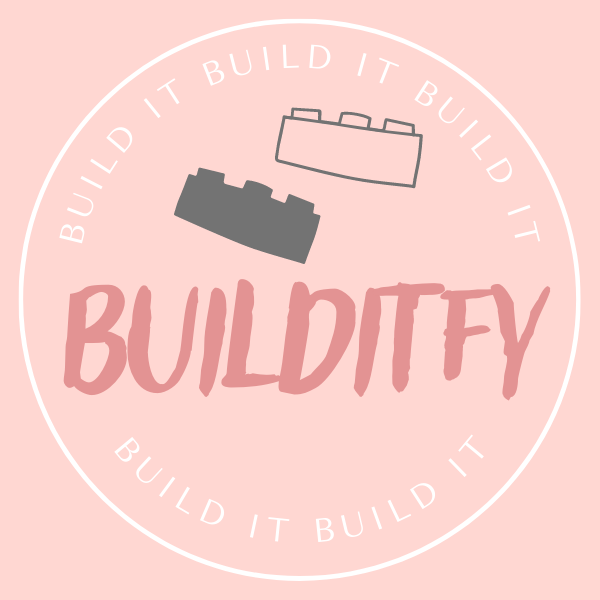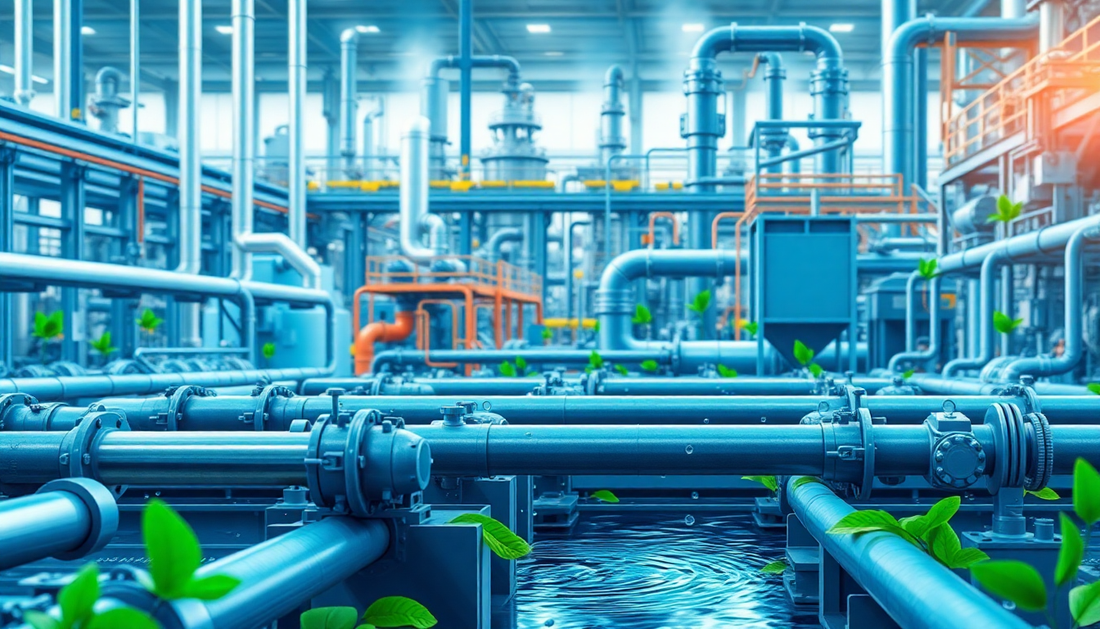In today's rapidly evolving world, the demand for sustainable practices has never been more pressing. As the global population continues to grow, the strain on our natural resources, particularly fresh water, has become a pressing concern. The manufacturing industry, in particular, plays a crucial role in addressing this challenge, as it is a significant consumer of water resources.
The Importance of Water in Manufacturing
Water is an essential component in many manufacturing processes, from cleaning and cooling to product formulation and processing. The sheer volume of water required by the industry is staggering, with some estimates suggesting that the manufacturing sector accounts for up to 22% of global freshwater withdrawals. This heavy reliance on water not only impacts the environment but also poses a significant risk to the long-term viability of businesses.
The Environmental Impact of Water Consumption
The overexploitation of freshwater resources can have devastating consequences on the environment. Depleted aquifers, degraded ecosystems, and disrupted water cycles are just a few of the ways in which excessive water consumption can harm the natural world. Additionally, the discharge of wastewater from manufacturing facilities can pollute local water bodies, leading to the degradation of aquatic habitats and the disruption of delicate ecosystems.
The Business Risks of Water Scarcity
Beyond the environmental concerns, the scarcity of water resources also poses a significant risk to the manufacturing industry. As water becomes scarcer, the cost of accessing and treating it can rise dramatically, cutting into profit margins. Furthermore, disruptions in water supply can lead to production delays, supply chain disruptions, and even the closure of facilities, all of which can have a devastating impact on a company's bottom line.
Towards a Sustainable Future
Recognizing the urgent need to address these challenges, many manufacturers are now turning to innovative solutions to reduce their water footprint and promote more sustainable practices. From implementing water-efficient technologies to adopting circular economy principles, the industry is taking significant steps to mitigate its impact on the environment.
Water-Efficient Technologies
One of the most promising approaches to reducing water consumption in manufacturing is the adoption of water-efficient technologies. This can include the use of advanced water treatment systems, which can recycle and reuse water within the production process, as well as the implementation of more efficient cooling systems and process optimization techniques.
Circular Economy Principles
In addition to technological solutions, many manufacturers are also embracing the principles of the circular economy, which aim to eliminate waste and promote the reuse and recycling of resources. By adopting a circular approach to water management, companies can reduce their reliance on freshwater sources and minimize the environmental impact of their operations.
Collaboration and Stakeholder Engagement
Achieving true sustainability in the manufacturing industry will require a collaborative effort involving a wide range of stakeholders, including policymakers, industry associations, and local communities. By working together to develop and implement comprehensive water management strategies, the industry can drive meaningful change and contribute to the creation of a more sustainable future.
Conclusion
As the world grapples with the challenges of water scarcity and environmental degradation, the manufacturing industry has a critical role to play in driving sustainable change. By embracing water-efficient technologies, adopting circular economy principles, and fostering collaborative partnerships, manufacturers can not only reduce their environmental impact but also safeguard the long-term viability of their businesses.
The time to act is now. By prioritizing water conservation and promoting sustainable practices, the manufacturing industry can lead the way towards a more sustainable future, one that benefits both the environment and the communities it serves.

